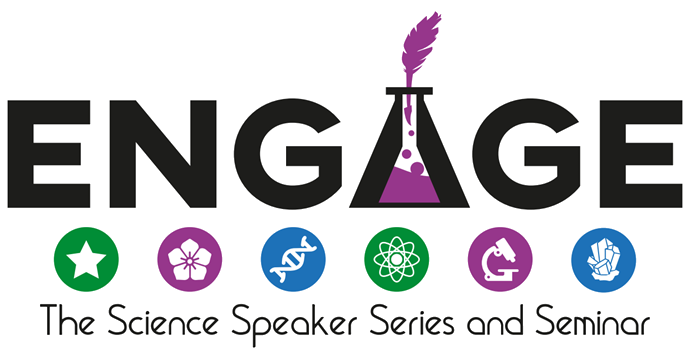“Why are we learning this? Because... [Mardi Gras Edition]”
A.J. on the left with Spartan armor from Halo, Captain America’s Shield, and a blue lightsaber as a chaperone at a Mardi Gras parade in 2015. It made sense at the time.
It’s not a new idea to connect prior knowledge and current motivations to stimulate learning. In science education, introducing new content with “anchoring phenomena,” or common observable events, helps organize a sequence of topics for students to engage, explore, and explain. Teaching with anchoring phenomena helps make learning science more meaningful to more students by connecting their understandings to something concrete they can investigate.
As a high school science teacher from New Orleans, Louisiana, February is a fun time. Mardi Gras, or Fat Tuesday, is admittedly a strange, indulgent season associated with wild, wasteful behaviors. It is meant to precede a reflective six weeks of Lent ending with Easter Sunday. We get an entire week off from school, yet many students were still around campus doing the activities which kept them busy, happy, and sane. For my FIRST robotics team, we had six weeks to build our competition robot and the deadline sometimes fell on Mardi Gras day. Soccer, basketball, and track seasons overlapped. The band played in Mardi Gras parades. This was all real work, but students really enjoyed those extracurriculars.
However, school work is a different kind of work. Every Monday after break began with students asking: “Why are we learning this? and “Can I just go to college now?” I’ll admit that plenty of my students took physics or chemistry for reasons besides an intense desire to “learn content deeply.” They thought:
· Colleges want to see that you took the hardest classes offered in your high school.
· It will be good preparation for my major.
· A.J. is awesome! / The other teachers are scary.
All of those are strong motivations that don’t have much to do with the subjects themselves. Even I wasn’t super motivated to teach physics and chemistry specifically. My bachelor’s degree is in neuroscience, but I was one of the few teachers who had a wide-enough science background to do so. However, I always saw my job as “teaching young adults.” Primarily, I taught them “science stuff,” but also “social stuff” and “ways of thinking.”
I did a teacher move to get students to come up with some of their own ideas by asking, “What are some of the health and environmental impacts of Mardi Gras?” In physics, students got back into an engaged academic mode by bringing up projectile motion, collisions, sound waves, and free-fall to address my question. All of us experienced getting hit in the face with something thrown from a parade float. We looked back to models of traffic safety since so many people literally stood in the streets. Parades were noisy, lasting hours over dozens of city blocks, which can’t be healthy to our hearing. Someone mentioned the risk of falling off a parade float which harkened back to previous discussions about feline high-rise syndrome.
Traffic controls can help save lives by reducing accidents in residential areas, school zones, and crowded areas.
In chemistry, students estimated the amount of plastic Mardi Gras beads that clogged our drains in our always-flooding, swampy region. They also talked about food, especially King Cake and Moon Pies, and the corresponding seasonal sugar spike.
Although we didn’t dive right into new content, asking about Mardi Gras provided a way for students to express what they learned and to form conceptual connections they might not have otherwise made. Regardless of how they went about answering the question, students had transferable ways of critically evaluating our local policies and culture with sophisticated reasoning rooted in their understanding of basic science.
A.J. Balatico is a Ph.D. student in Learning Sciences and Human Development at the University of Washington’s College of Education with interests in computational neuroscience and educational equity, especially for science, technology, engineering, and math education. He focuses on how people learn motivation and identities from their experiences.



